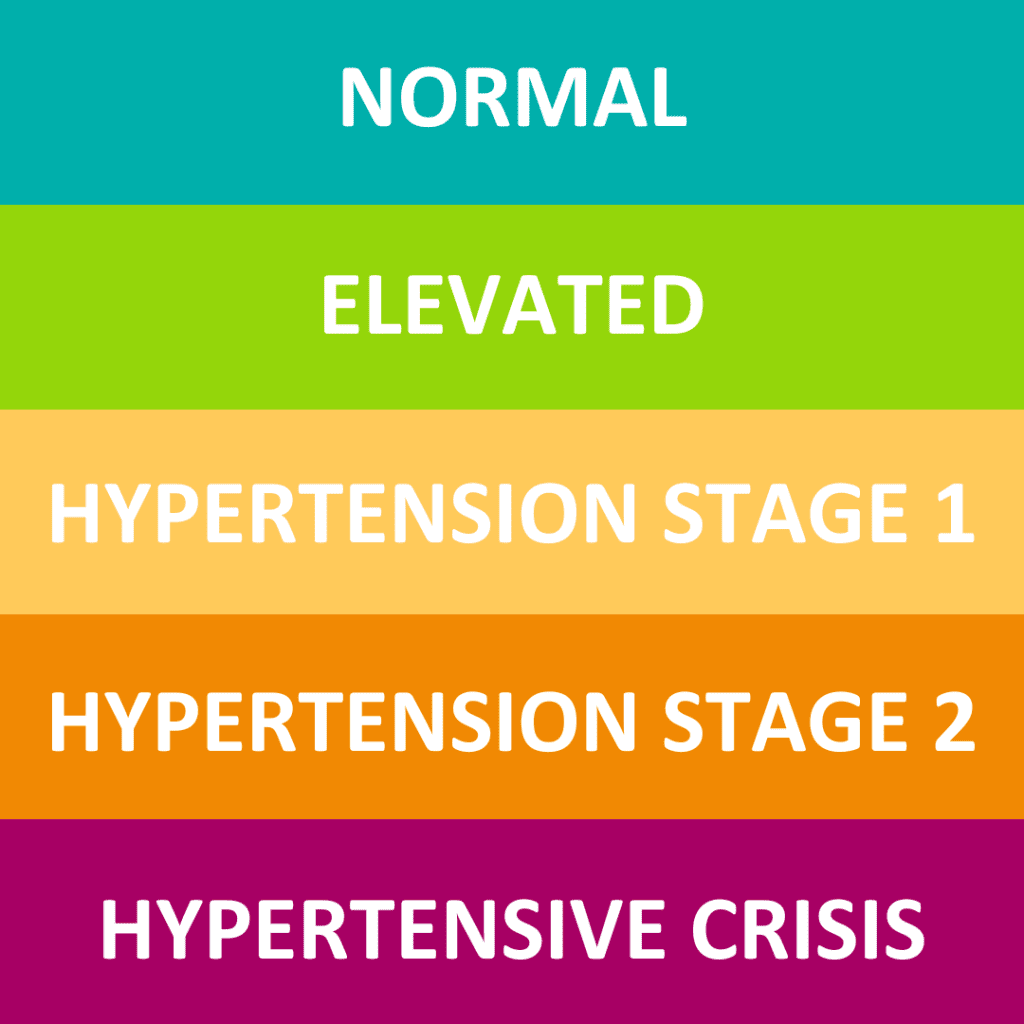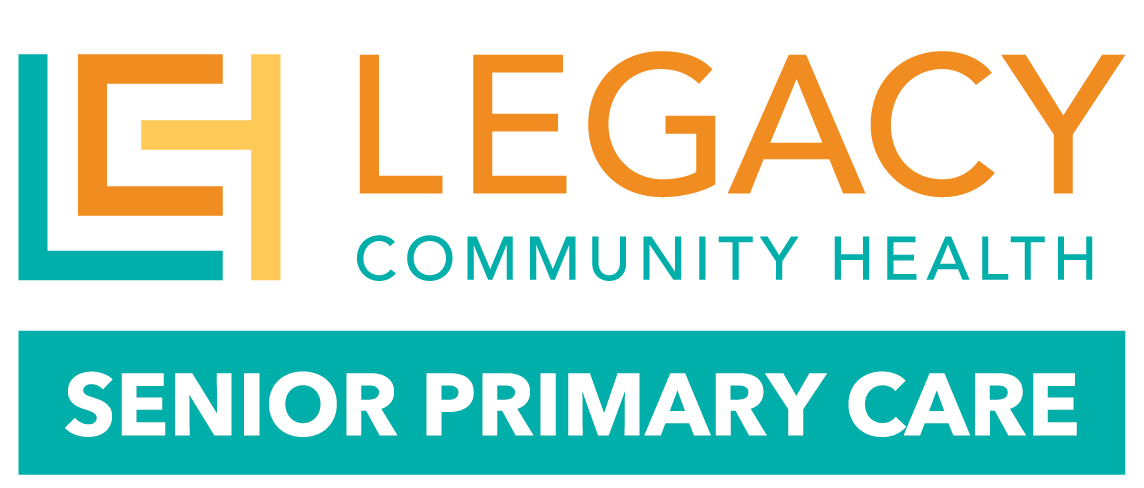Blood pressure numbers of less than 120/80 mm Hg are considered within the normal range. If your results fall into this category, stick with heart-healthy habits like following a balanced diet and getting regular exercise.
Elevated blood pressure is when readings consistently range from 120-129 systolic and less than 80 mm Hg diastolic. People with elevated blood pressure are likely to develop high blood pressure unless steps are taken to control the condition.
Hypertension Stage 1 is when blood pressure consistently ranges from 130-139 systolic or 80-89 mm Hg diastolic. At this stage of high blood pressure, doctors are likely to prescribe lifestyle changes and may consider adding blood pressure medication based on your risk of atherosclerotic cardiovascular disease (ASCVD), such as heart attack or stroke.
Hypertension Stage 2 is when blood pressure consistently ranges at 140/90 mm Hg or higher. At this stage of high blood pressure, doctors are likely to prescribe a combination of blood pressure medications and lifestyle changes.
This stage of high blood pressure requires medical attention. If your blood pressure readings suddenly exceed 180/120 mm Hg, wait five minutes and then test your blood pressure again. If your readings are still unusually high, contact your doctor immediately.
If your blood pressure is higher than 180/120 mm Hg and you are experiencing chest pain, shortness of breath, severe headache, back pain, numbness/weakness, change in vision or difficulty speaking, do not wait to see if your pressure comes down on its own. Go to the nearest Urgent Care or call 911.
It’s easy to become a patient
We know selecting or changing your clinician is an important decision. That’s why our caring team members are available to answer all your questions and help you every step of the way, and that includes helping you transition your medical records if they’re with another doctor. It’s that easy!


